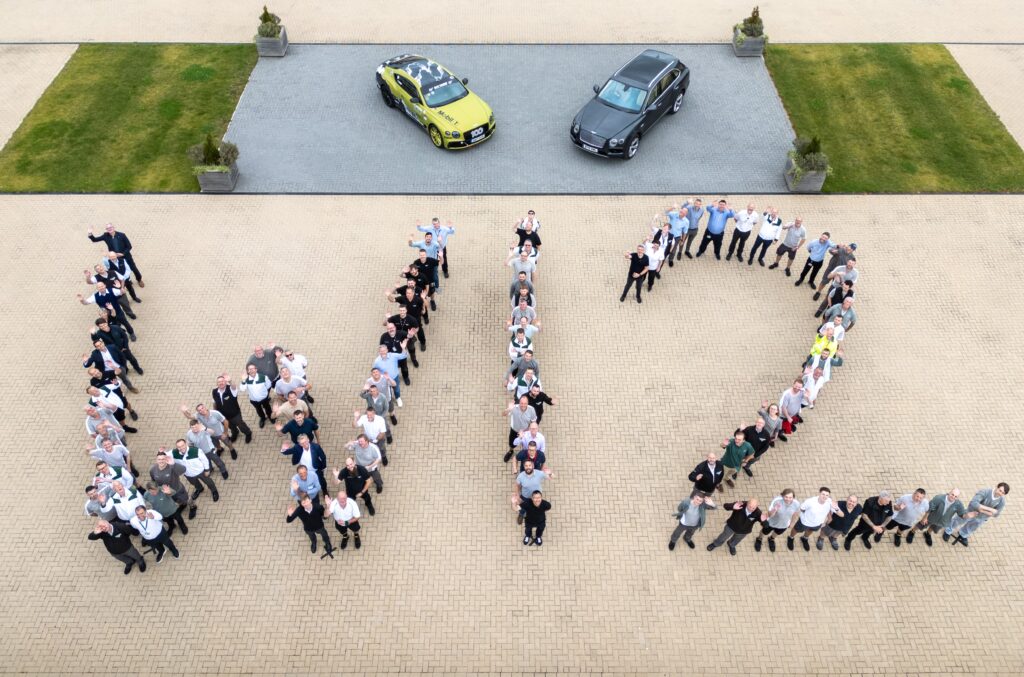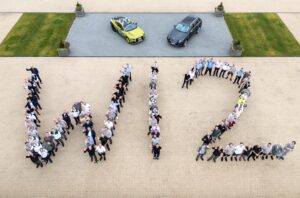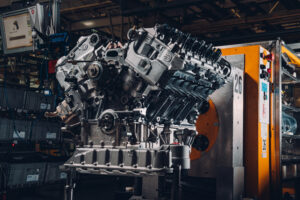
Bentley Motors celebrates the production of the final hand-crafted W12 engine at its Crewe headquarters. This signifies the closure of a significant chapter in Bentley’s history, as the last W12-powered Bentayga, Continental GT, and Flying Spur models roll off the assembly line.
Since its debut in the 2003 Continental GT, over 100,000 W12 engines have been manufactured. Aligning with Bentley’s Beyond100 strategy for sustainable luxury mobility, the decision to cease production marks a turning point.
Andreas Lehe, Member of the Board for Manufacturing at Bentley Motors, said: “The W12 has played such an important role in the history of Bentley that it was only right for us to celebrate the engine’s retirement with those linked to this powerplant. The engine’s introduction helped change the face of the company almost overnight and so will go down in history as a true game changer and we should feel very proud to have designed, developed and manufactured such an icon in Britain for such a long period of time.”
The 6.0-litre twin-turbo W12, the most successful modern 12-cylinder engine, will be replaced by a revolutionary performance-focused powertrain. This Ultra High Performance Hybrid combines a powerful V8 engine with advanced battery technology.
The W12 was meticulously crafted to provide the refinement and power of a twelve-cylinder engine in a compact design. Essentially, two narrow-angle V6 engines share a common crankshaft, making it 24% shorter than a conventional V12, perfectly suited for the Continental GT’s sleek lines launched in 2003.
Each W12 engine is meticulously hand-built in Crewe, a process taking approximately seven hours and requiring the precise assembly of 2,600 individual components. Pistons and conrods are matched to within fractions of a gram to ensure the finished engine runs smoothly enough to pass the legendary ‘coin test’ and deliver optimal power and reliability.



